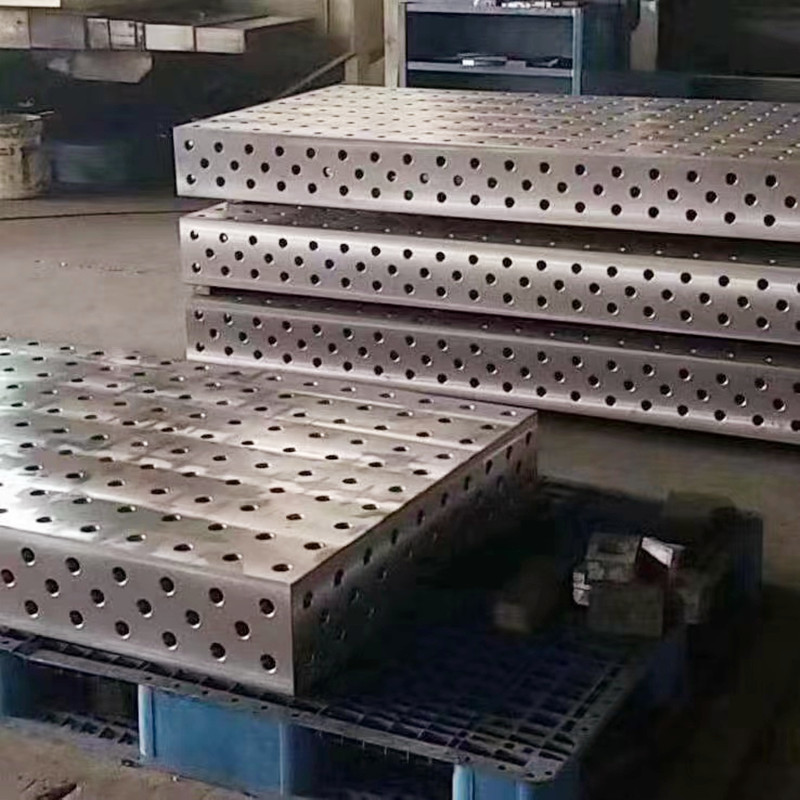12 月 . 04, 2024 16:27 Back to list
Understanding Pin Gauge Measurements for Accurate Precision Tooling in Manufacturing
Understanding Pin Gauge Measurement An Essential Tool in Precision Engineering
In the realm of precision engineering and manufacturing, accurate measurements are crucial. Among the various tools employed by engineers and machinists, pin gauges stand out as indispensable instruments for ensuring dimensional accuracy and quality control. Pin gauge measurement involves using cylindrical rods of precise diameters, known as pin gauges, to assess the size and geometric tolerance of holes and slots in machined parts. This article delves into the significance, application, and benefits of pin gauge measurement in the manufacturing sector.
What is a Pin Gauge?
A pin gauge is a tool made of hardened steel, characterized by its exact diameter and length. These gauges come in various sizes, allowing for a wide range of applications. Pin gauges can be categorized into two main types go gauges and no-go gauges. The go gauge is designed to fit into a hole, signifying that the hole meets the minimum size requirement. Conversely, the no-go gauge should not fit; if it does, it indicates an oversize condition. This binary measurement system enables quick checks of tolerances, making the pin gauge an efficient and effective tool.
The Importance of Pin Gauge Measurement
Accurate measurement is critical in high-precision industries such as aerospace, automotive, and medical device manufacturing. Components in these sectors must adhere to strict tolerances to ensure functionality, safety, and interoperability. The use of pin gauges helps to verify these tolerances, thereby ensuring that parts will fit together correctly during assembly. Furthermore, pin gauges provide a straightforward, easy-to-use method for quality control.
One of the most significant advantages of pin gauge measurement is its simplicity
. The gauges do not require complex setup or calibration, making them accessible to operators and technicians on the shop floor. The user can quickly determine whether a hole is within specification by simply inserting the appropriate pin gauge. This ease of use can significantly reduce inspection time, leading to improved productivity and throughput in manufacturing processes.Applications of Pin Gauges
pin gauge measurement

Pin gauges have a wide range of applications in various industries. In machining, they are frequently used to check the dimensions of drilled holes, ensuring that they are within the specified tolerances. They can also be employed in jigs and fixtures to establish reference points for machining operations. In assembly processes, pin gauges serve as a means of verifying that components will fit together as intended.
Beyond the manufacturing floor, pin gauges can play an essential role in maintenance and repair work. When servicing machinery, technicians can use pin gauges to assess the wear and tear of components, determining whether parts need to be replaced or can continue to function effectively.
Benefits of Using Pin Gauges
The primary benefit of using pin gauges is their ability to deliver quick and accurate measurements. They are a reliable method for assessing diameters because of their precise manufacturing process. Furthermore, pin gauges are robust and durable, able to withstand the rigors of everyday use in industrial environments.
Additionally, pin gauges are cost-effective compared to other measurement tools. Their simplicity and durability reduce the need for frequent replacements, and they don’t require extensive maintenance. This affordability makes them an attractive option for manufacturers looking to maintain quality control without excessive expenditure.
Conclusion
In conclusion, pin gauge measurement is an essential aspect of precision engineering that helps ensure the optimal functioning of manufactured components. By utilizing go and no-go pin gauges, engineers and technicians can quickly and efficiently check critical dimensions, guaranteeing that parts meet necessary tolerances. With their ease of use, reliability, and cost-effectiveness, pin gauges have cemented their status as vital tools in various industries, from aerospace to automotive. As technology continues to evolve, the fundamental need for precise measurements will persist, securing the place of pin gauge measurement in the ongoing pursuit of quality and excellence in manufacturing.
-
Y Type Strainers: A Comprehensive GuideNewsOct.18,2024
-
Understanding Water Valve Options for Your NeedsNewsOct.18,2024
-
Functions and TypesNewsOct.18,2024
-
An Essential Component for Fluid SystemsNewsOct.18,2024
-
Adjustment and ReplacementNewsOct.18,2024
-
Slow Closing Check Valves: A Key Component in Fluid SystemsNewsOct.08,2024
Related PRODUCTS









